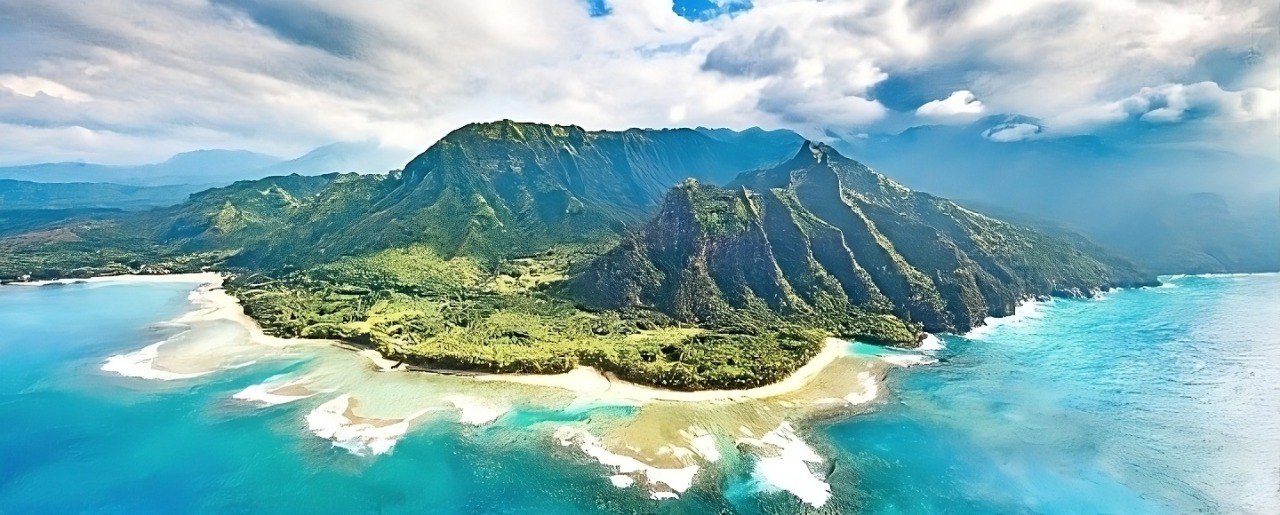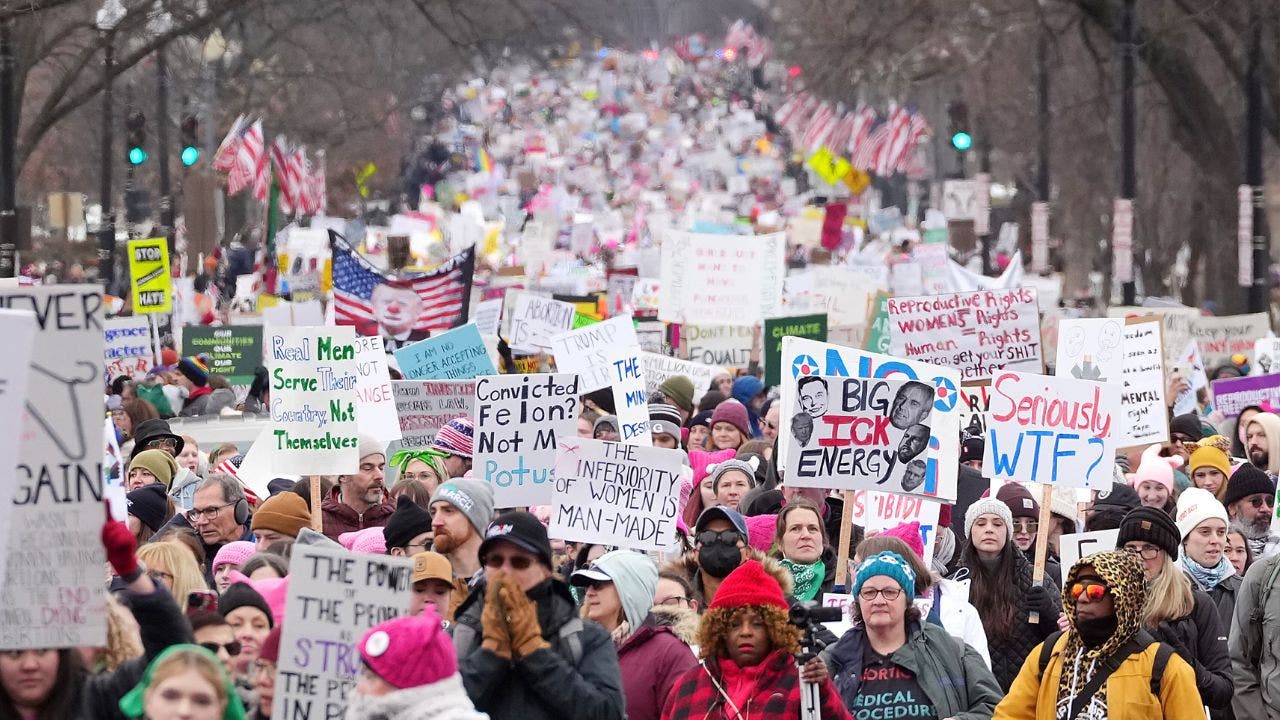World
Can the EU and its allies cooperate with China on AI safety standards?

Euronews asked stakeholders at its International AI Summit in Brussels on Wednesday if Beijing can be trusted when it comes to artificial intelligence.
With geopolitical tensions between the West and China at an all-time high, the explosion of interest in AI could not have come at a more awkward time, given the global effort needed to work together on setting safety standards.
As governments throughout the world race to regulate the nascent technology, the focus on international cooperation, particularly with China, is intensifying.
It was a key topic at Euronews’ International AI summit in Brussels this week, with experts and analysts attending the event arguing it could prove difficult to cooperate with Beijing on AI standards.
Anu Bradford, a professor of law & international organisation at Columbia Law School in New York, agreed with this assessment.
“I think it’s fair to say that the geopolitical reality is not very conducive to deep, meaningful cooperation,” she told Euronews.
“There is very much an escalating tech war between the US and China. There’s a tremendous race for technological supremacy. There’s concern who is the economic power, the technological power, the geopolitical power.
“And there are also vast ideological differences,” Bradford added.
“So, it is hard to see the US and the EU agreeing with China on particularly meaningful, substantive rules around AI.”
Cooperation still possible
But there is some hope amid all the geopolitical tension. Last week saw the historic Bletchley Declaration in the UK where the US and China both signed a Declaration on AI Safety.
According to Rebecca Arcesati, a lead analyst at the Mercator Institute for China Studies – which has been sanctioned by Beijing – there is also optimism in the business-to-business area.
“I’m very optimistic when it comes to what can be done between companies, between engineers, Chinese companies that are already playing a really active role,” she said in an interview.
“As long as these conversations can continue and even maybe be facilitated by governments, despite the geopolitical tensions, I think there will be progress going forward.”
Arcesati did add, however, that at a governmental level, cooperation will likely remain elusive for now.
“At the level of government-to-government engagement, we still have to come to terms with very different political systems, and that makes engagement very difficult with China,” she said.
“China in international bodies, such as the United Nations, has a specific agenda where it would like to legitimise its own domestic approach to AI governance and that is an approach where, for example, individual human rights are disregarded very much whenever state security needs to be protected.
“That obviously poses a dilemma for liberal democracies, who would like to engage with China.”
West must first come together
Talk of cooperation with China could be premature though.
Dragoș Tudorache, a Romanian MEP who is in charge of the EU’s AI Act within the European Parliament, told Euronews that AI cooperation with China should, for the moment, be secondary.
First, the collective West needs to get its own house in order.
“When addressing governance at a global stage, when addressing standards at a global stage, there is an inevitable dialogue with China,” he said.
“But what I’ve always said is that first and foremost we have to make sure we are first in line – us the democracies that understand technology in the same way and its role in society – we have to first get ourselves as convergent as we can, as aligned as we can.
“And then have a proper conversation with China to make sure that we can address as many of the other, let’s say, bigger risks, including geopolitical risks, in a framework that also includes them.”
Next week could see another historic moment in the West’s cooperation with Beijing.
US President Joe Biden will likely meet with Chinese leader, Xi Jinping, which could lay the groundwork for future cooperation on artificial intelligence.

World
Kessler Says DOJ Critiques of House Settlement Are Off Base

The Justice Department’s statement of interest criticizing the NCAA’s preliminarily approved settlement to resolve the House, Carter and Hubbard antitrust litigations is off the mark, attorney Jeffrey Kessler told Sportico in a phone interview on Saturday.
The DOJ’s court filing was made in a California federal district court late Friday. Among other critiques, the DOJ objects to colleges paying athletes 22% of a defined formula for averaged shared revenue. The DOJ finds this arrangement inadequate because the “cap” has not been collectively bargained with a union (there is no union for college athletes since they are not employees and unions consist only of employees).
The cap, the DOJ highlights, means D-1 schools won’t be able to compete for college athletes by offering them “additional value beyond that limit for use of their [NIL].” The DOJ finds it problematic that an NCAA member school “is not permitted to spend what it wants … to compete for the services of college athletes.” While the new amount (around $21 million a year for a school’s athletes) is dramatically greater than the old amount ($0), it is “still fixed by agreement” among competing businesses. Price fixing by competitors is generally disfavored under antitrust law.
The DOJ is also worried that the NCAA and power conferences can use the settlement, which is set to last 10 years, as a defense in future antitrust cases. As the DOJ sees it, the NCAA might “attempt to use a private, negotiated settlement as a shield in future litigation.” To corroborate that concern, the DOJ references an email from NCAA and power conferences attorney Rakesh Kilaru sent to DOJ attorneys in which Kilaru noted his clients “retain all rights” to rely on the settlement.
Kessler, a partner at Winston & Strawn and a lead attorney in several historic sports litigations, stressed the settlement, if granted final approval by U.S. District Judge Claudia Wilken following a hearing on April 7, will lead to college players being paid “billions of dollars.” He also underscored the settlement will change longstanding NCAA rules that have denied players any compensation.
A settlement is also just that—a settlement—meaning it reflects the give-and-take of a deal. Both sides, including the NCAA, need to find the prospect of settling better than continuing to litigate. The players and the NCAA (and power conferences) could have kept litigating and rolled the dice. They would have also had to accept spending many years in court since federal appeals in antitrust cases can last a long time. They instead opted to cut a deal. Wilken is not charged with determining if the settlement is ideal or optimal for the players. She must assess if it satisfies a lower bar: The settlement must be fair, reasonable and adequate for class members and adequately resolve the alleged antitrust problems.
As to the possibility of the settlement being used as a defense, Kessler emphasized “there is no release of antitrust claims,” either by the Justice Department—which is not a party to the litigation—or future players.
If elite athletes who are currently 12 years old wish to challenge NCAA rules on antitrust grounds in five years, the athletes can do so. The settlement doesn’t release future claims. The two sides expect the 12-year-olds won’t bring a lawsuit and will instead accept the compensation figures that have been set in the House settlement, but if the 12-year-olds want to sue, they can.
The NCAA can use the settlement as a legal defense, but a defense is only as persuasive as found by a court. A defense is not an antitrust immunity or exemption. It’s also not as if the House settlement has dissuaded the filing of antitrust lawsuits. Since Wilken granted preliminary approval last October, Vanderbilt QB Diego Pavia has challenged NCAA eligibility restrictions on JUCO transfers on antitrust grounds and Southern Mississippi basketball player John Wade III has challenged the NCAA’s five-year eligibility period on antitrust grounds.
The timing of the DOJ’s filing is important for at least a few reasons.
First, the filing was made with less than three days to go before President-elect Donald Trump is sworn in as the 47th president of the United States. Trump, his nominee for U.S. attorney general, Pam Bondi, and incoming attorneys for the DOJ’s antitrust division might not agree with the DOJ’s position as expressed in Friday’s statement and could withdraw or amend the statement.
Trump’s DOJ, including its antitrust division, will also take months to fill out. The U.S. Senate must confirm Trump’s nominee for the assistant AG of the antitrust division (Gail Slater) and positions in that department will gradually be filled. Time is of the essence: Wilken is set to decide on final approval after a hearing 11 weeks from now. Trump’s DOJ might not be ready to express a viewpoint by then. This could create an uncertain landscape for Wilken to know the DOJ’s position, which could make the DOJ’s filing on Friday seem less authoritative.
Second, the timing of the DOJ’s statement could deflate its legal arguments. The DOJ could have raised these same points last year, including before Wilken granted preliminary approval in October, but waited until the final hours of the Biden administration. Those points were also already raised by seven former and current D-I athletes in their court filing last October, which might have been a better time for the DOJ to weigh in. Rushing to file the statement before Trump takes office could be interpreted as the DOJ, under the leadership of President Joe Biden and Attorney General Merrick Garland, believing Trump and Bondi hold different views.
Lastly, it’s telling that while the DOJ opines the House settlement doesn’t do enough for college athletes because of underlying antitrust concerns, the DOJ hasn’t sued the NCAA over those concerns. The DOJ, while under the leadership of Democratic and Republican presidents, could have challenged these rules at various points over the last 70 years. In fairness to the current DOJ, it did join a lawsuit (Ohio v. NCAA) last year over NCAA transfer rules. And in 1998, the DOJ sued the NCAA under the Americans with Disabilities Act over treatment of college athletes with learning disabilities. But the DOJ could have, and didn’t, challenge numerous other NCAA rules in recent decades as the same college athletes at “big time” programs generated massive revenues for their schools and weren’t paid.
World
Gunman shoots dead 2 Supreme Court judges in Iran's capital before turning gun on himself, state media says
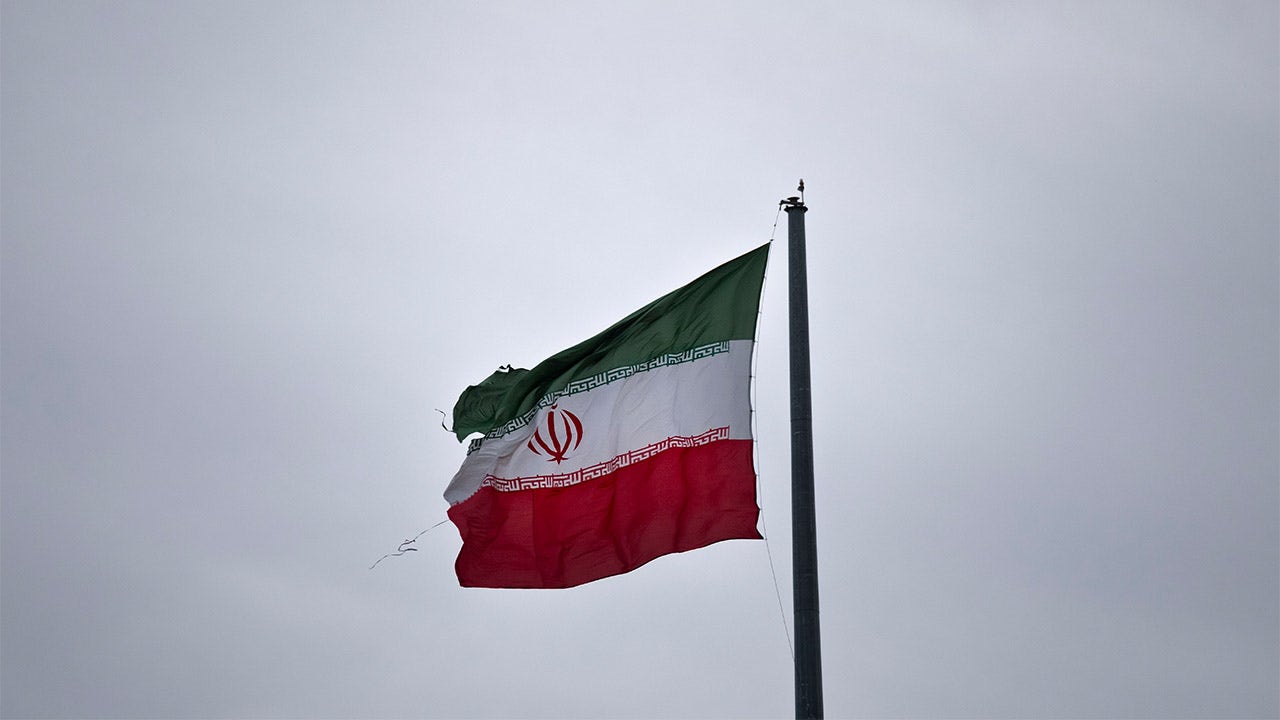
Fox News Flash top headlines for January 17
Fox News Flash top headlines are here. Check out what’s clicking on Foxnews.com.
Two Iranian Supreme Court judges were shot and killed while a third judge was wounded Saturday.
The incident happened in Tehran on Saturday, according to the judiciary’s Mizan news website.
The judiciary identified the judges who were killed as ayatollahs Mohammad Moghiseh and Ali Razini.
RUSSIA TO SEAL PARTNERSHIP TREATY DAYS BEFORE TRUMP TAKES OFFICE
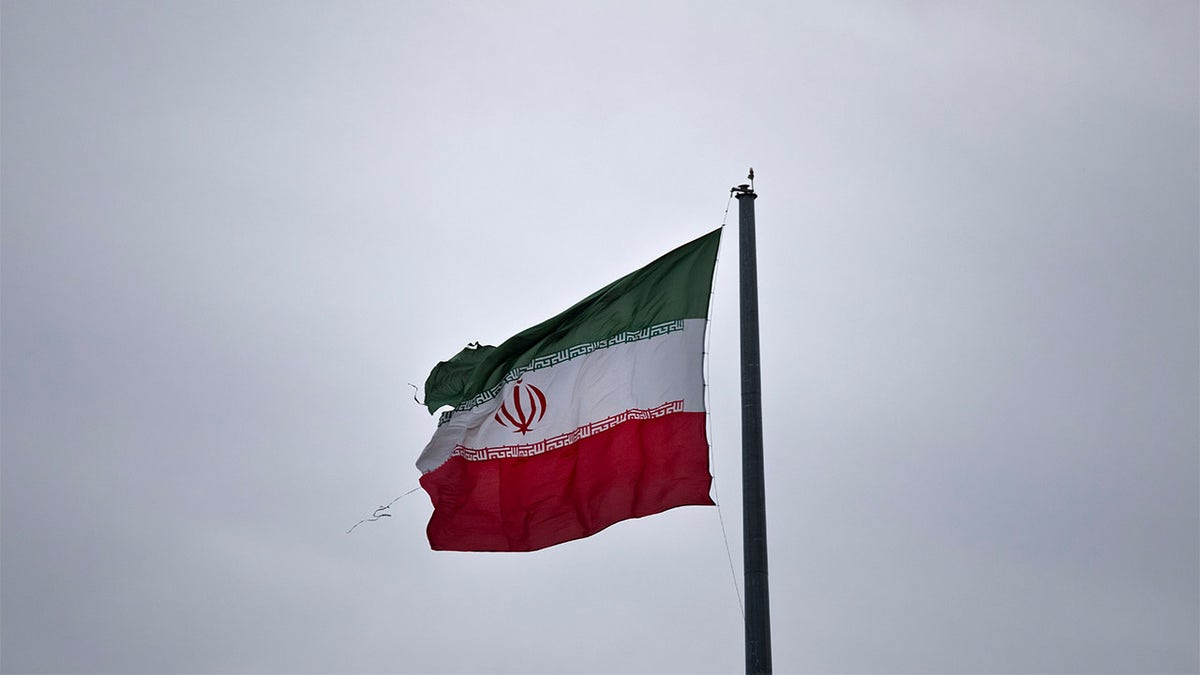
An Iranian flag waves at a park in northwestern Tehran, October 3, 2023. (Morteza Nikoubazl/NurPhoto via Getty Images)
The gunman killed himself after shooting the judges outside the Supreme Court, the website said.
A bodyguard of one of the judges was also wounded in the attack, Iranian media reported.
IRAN’S PRESIDENT DENIES CLAIM THAT IRAN TRIED TO ASSASSINATE TRUMP
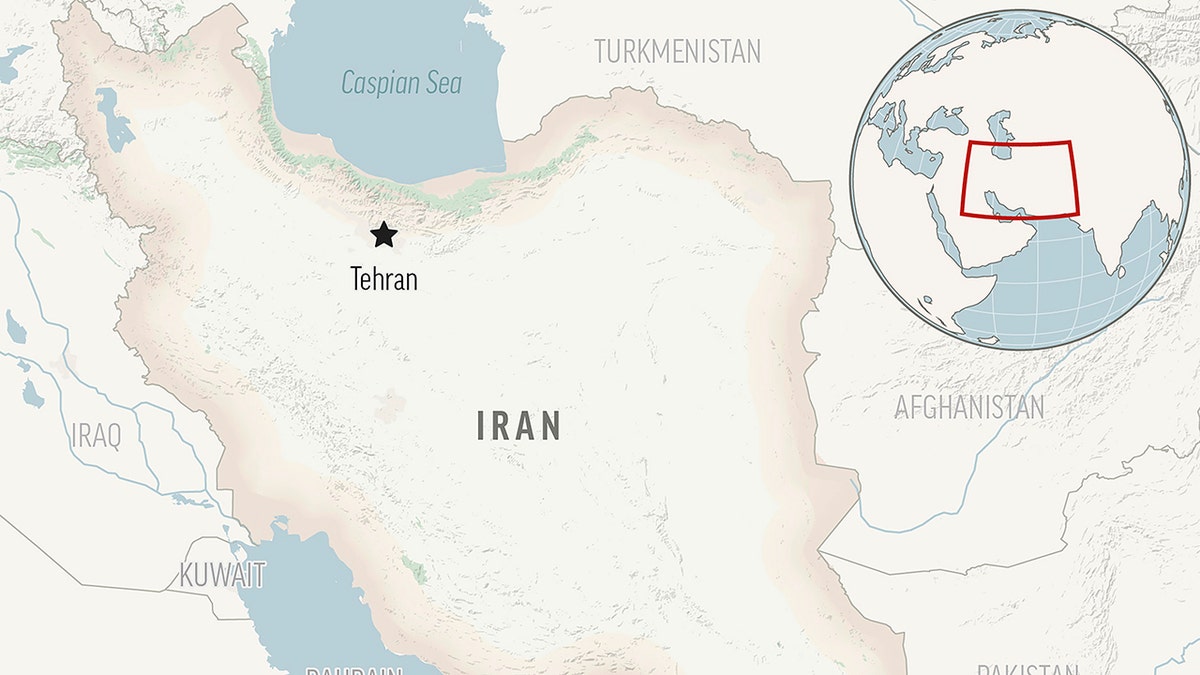
This is a locator map for Iran with its capital, Tehran.
The motive for the assassination remains unclear.
Opposition websites have previously said Moghiseh was involved in trials of people they described as political prisoners.
Reuters contributed to this report.
World
Ceasefire deal: What do we know about Israel’s captives held in Gaza?

When Hamas-led Palestinian fighters attacked southern Israel on October 7, 2023, and took about 250 people captive, it set in motion an issue that instantly.
0became vitally important to much of Israeli society.
The captives immediately became a symbol for Israelis, used to justify Israel’s brutal war on Gaza – which has now killed more than 46,800 Palestinians. But the topic has also divided Israelis, with many, particularly those supportive of the opposition to Prime Minister Benjamin Netanyahu, insisting that the government has not done enough to secure a deal that would lead to their release.
Now that a ceasefire deal has been agreed upon, the nightmare of captivity could be about to end for those held in Gaza.
How many captives will be released from Gaza?
There are believed to be approximately 100 Israeli captives left in Gaza, all of whom are expected to be released if the deal between Israel and the Palestinian group Hamas is completely implemented.
But not all will be released at once. In the first six-week phase of the deal, 33 captives are expected to be released on a gradual basis in exchange for Palestinian prisoners held by Israel. The Israeli captives to be released in this phase include some who are ill or wounded, as well as female soldiers and men over 50.
Egypt has said that those released in the first phase will be exchanged for 1,890 Palestinian prisoners. Israel has said that it will release 95 Palestinians, all women and children, on the first day of the ceasefire on Sunday.
The rest of the captives, all believed to be male soldiers, will be released in later phases of the ceasefire deal, in exchange for an unspecified number of Palestinian prisoners.
What do we know about the identities of the captives being released?
No official list of the Israeli captives being released in the first phase has been published yet, and while the identities of the captives still in Gaza are known, it is unclear who is still alive.
In fact, on Saturday, Israeli Prime Minister Benjamin Netanyahu said that the ceasefire would not begin until Israel received the list of the captives who would be released.
Hamas has said that a number of Israeli captives have been killed in Israeli attacks on the locations where they had been held, but videos have also been released with messages from some of the captives.
While all of the remaining captives are Israeli, some are dual-nationals, including from the United States, Argentina and Germany.
Five of the captives are believed to be female soldiers who were captured during raids on October 7.
And two of the captives who are expected to be released in the first phase are Israelis who were taken captive in Gaza before October 7, and who have spent years in the enclave.
What will the handover process be like?
While some captives were freed by Israeli forces in military operations that killed dozens of Palestinian civilians, more than 100 – the vast majority of those who have left Gaza – were released in a temporary ceasefire in November 2023.
During that prisoner exchange, the captives released were transferred by Palestinian fighters to the Red Cross, and then handed over to Israeli forces.
Israel has prepared medical teams to receive the captives, and the head of the health team at the Hostages Families Forum, Hagai Levine, expects that many will have cardiovascular and respiratory issues after having spent so long underground in tunnels.
How important has their captivity been in Israel?
The topic of the captives has been a central one in Israel and among pro-Israel supporters since the war began.
The release of the captives has been one of the primary war goals of Israel, but it also arguably contradicts one of the other stated goals, the complete defeat of Hamas.
This is because Hamas has offered to release the captives since the war began as part of a deal that would end the war, a demand that the Israeli prime minister had consistently refused until recently.
In fact, Israel’s far-right national security minister, Itamar Ben-Gvir, has declared that he has been able to use his political power to stop any deal from taking place over the past year, in essence placing the goal of defeating Hamas and building illegal Israeli settlements in Gaza above the release of the captives in a prisoner exchange. Ben-Gvir is now expected to follow through on his promise to resign if the deal is implemented.
However, the return of the captives is the primary demand for many Israelis. Their pictures are displayed on posters across Israel, and the “bring them home now” demand is regularly heard at protests. A plaza in Tel Aviv has been renamed “Hostages Square”, and is a focal point for demonstrations.
Family members of captives have had frequent run-ins with members of Israel’s government, and a movement representing them has promised to continue to push for the release of the captives. “We will not allow them [far-right ministers] to sabotage the full implementation of the deal,” a speaker at an event supporting the ceasefire deal said on Saturday.
-
/cdn.vox-cdn.com/uploads/chorus_asset/file/25822586/STK169_ZUCKERBERG_MAGA_STKS491_CVIRGINIA_A.jpg)
/cdn.vox-cdn.com/uploads/chorus_asset/file/25822586/STK169_ZUCKERBERG_MAGA_STKS491_CVIRGINIA_A.jpg) Technology1 week ago
Technology1 week agoMeta is highlighting a splintering global approach to online speech
-

 Science1 week ago
Science1 week agoMetro will offer free rides in L.A. through Sunday due to fires
-
/cdn.vox-cdn.com/uploads/chorus_asset/file/23935558/acastro_STK103__01.jpg)
/cdn.vox-cdn.com/uploads/chorus_asset/file/23935558/acastro_STK103__01.jpg) Technology7 days ago
Technology7 days agoAmazon Prime will shut down its clothing try-on program
-

 News1 week ago
News1 week agoMapping the Damage From the Palisades Fire
-
/cdn.vox-cdn.com/uploads/chorus_asset/file/25826211/lorealcellbioprint.jpg)
/cdn.vox-cdn.com/uploads/chorus_asset/file/25826211/lorealcellbioprint.jpg) Technology6 days ago
Technology6 days agoL’Oréal’s new skincare gadget told me I should try retinol
-
/cdn.vox-cdn.com/uploads/chorus_asset/file/25832751/2192581677.jpg)
/cdn.vox-cdn.com/uploads/chorus_asset/file/25832751/2192581677.jpg) Technology3 days ago
Technology3 days agoSuper Bowl LIX will stream for free on Tubi
-

 Business4 days ago
Business4 days agoWhy TikTok Users Are Downloading ‘Red Note,’ the Chinese App
-
/cdn.vox-cdn.com/uploads/chorus_asset/file/25835602/Switch_DonkeyKongCountryReturnsHD_scrn_19.png)
/cdn.vox-cdn.com/uploads/chorus_asset/file/25835602/Switch_DonkeyKongCountryReturnsHD_scrn_19.png) Technology1 day ago
Technology1 day agoNintendo omits original Donkey Kong Country Returns team from the remaster’s credits








